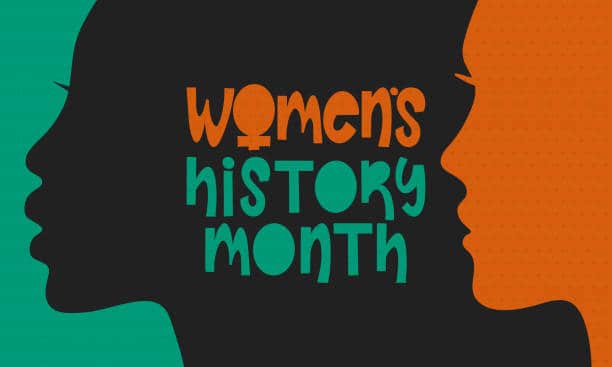Researchers keep finding evidence that education level predicts heart disease risk.
Most people probably think of school as something for strengthening the brain. Increasingly, researchers are learning that it may be just as important for the heart. Education is an excellent predictor of heart disease, multiple studies have shown. Dr. Arshed A. Quyyumi, director of the Emory Clinical Cardiovascular Research Institute in Atlanta, said although having fewer years of school isn’t as much of a risk factor as being a smoker or having diabetes, it’s still significant.
He makes this comparison: A college-educated person who’s already had a heart attack faces about the same risk of dying during a certain period of time as
someone without a college education who has never had a heart attack. “So —not being educated is like having had a heart attack.”
That was a finding from a 2019 study he co-wrote in the Journal of the American Heart Association that followed older adults with coronary heart disease for
about four years. Those whose highest level of education was elementary or middle school had a 52% higher risk of dying from any cause than those who
had completed graduate school. The more education someone had, the lower their risk.
Even in people without existing heart disease, the risk of eventually having coronary heart disease, heart failure or a stroke was 59% for men and 51% for
women with only a grade school education compared to 42% for men and 28% for women who went to graduate school, according to a 2017 study in JAMA Internal Medicine. “I think there’s increasing and convincing evidence that education is really a critical risk factor for heart disease,” said Dr. Rita Hamad, an assistant professor in the school of medicine at the University of California, San Francisco.
The precise nature of the connection is still being figured out. “There’s just a lot of different pathways linking education and heart health,” said Hamad, who is
a social epidemiologist and family physician. Quyyumi’s study, for example, showed the higher a person’s education, the less likely they were to smoke or
to have high blood pressure or diabetes — all risk factors for heart disease. But since his study adjusted for those, the traditional risks don’t provide a complete
picture.
People who have higher levels of education are more likely to get better jobs, both Quyyumi and Hamad pointed out. “In the U.S., that’s linked to whether you
can get health insurance,” Hamad said. “It’s linked to whether you can afford healthy food.”
People who are more educated have been shown to have lower stress levels —“maybe because they’re just more comfortable financially,” she said. “Those lower
stress levels are better for your heart in the long run.”
Someone with less education and a low income also is less likely to have a support network that helps look after them when they have health problems. “That can also decrease their compliance” with treatment, said Quyyumi, a professor of medicine at Emory University School of Medicine. Educational achievement
gaps can be seen along racial lines. According to a 2019 report from the National Center for Education Statistics, as of 2016, the percentage of people age 25 and
older who had not completed high school was highest for Hispanics (33%), followed by American Indian/Alaska Natives (17%), Blacks (15%), Asians and Pacific
Islanders (13% each), and whites (8%).
Ethnic and racial minority groups also may contend with systemic discrimination, which researchers have linked to poorer health. For example, a 2020 study in the journal Hypertension found a lifetime of exposure to the stresses of discrimination may increase the risk of high blood pressure in African Americans.
Quyyumi doesn’t think doctors need to start routinely asking patients about their education level during exams, but he does think doctors should consider a
patient’s ability to comprehend their disease and its treatment. (Submitted)









